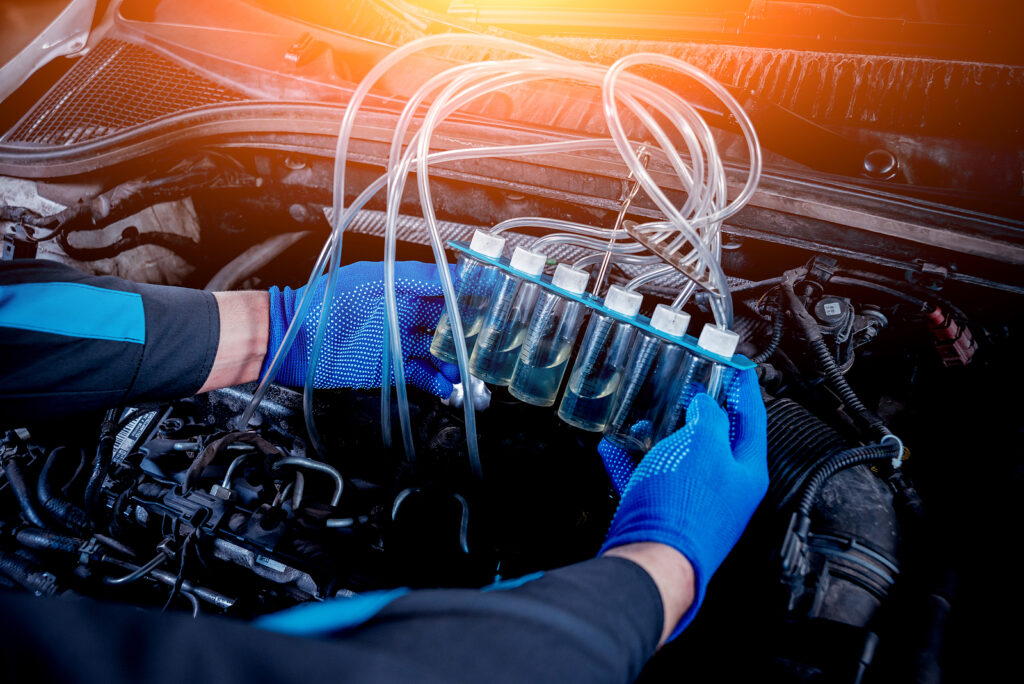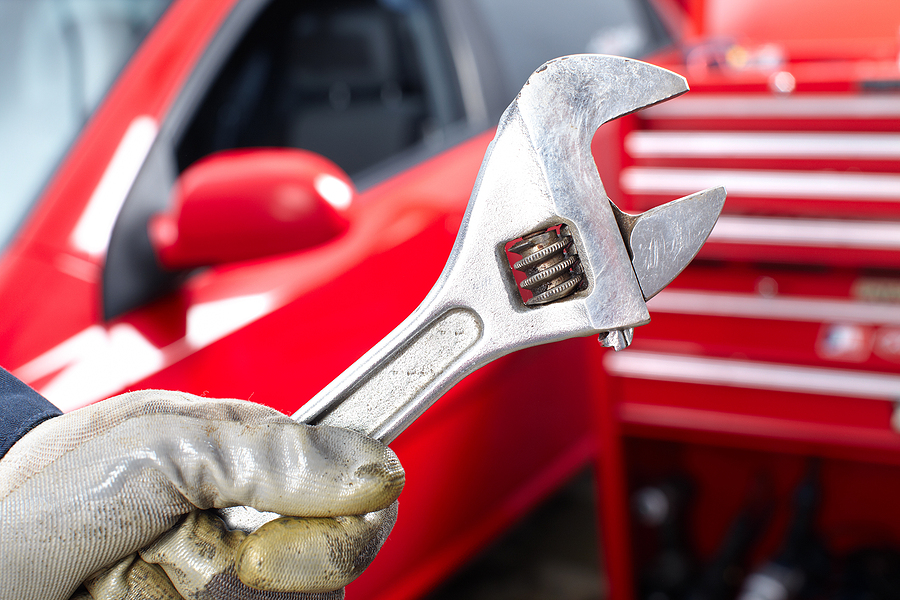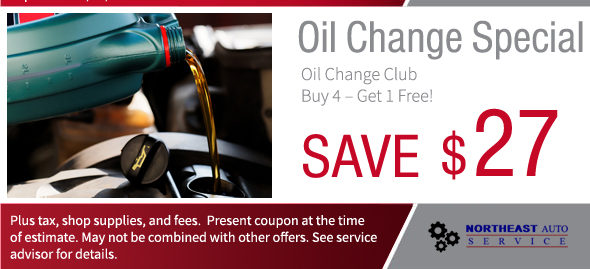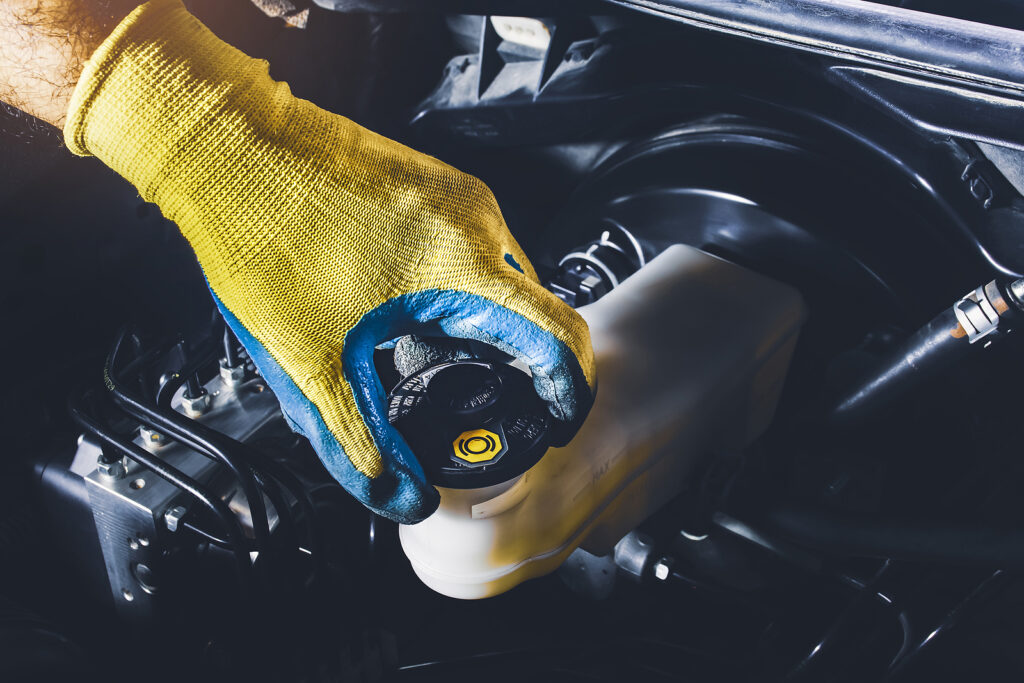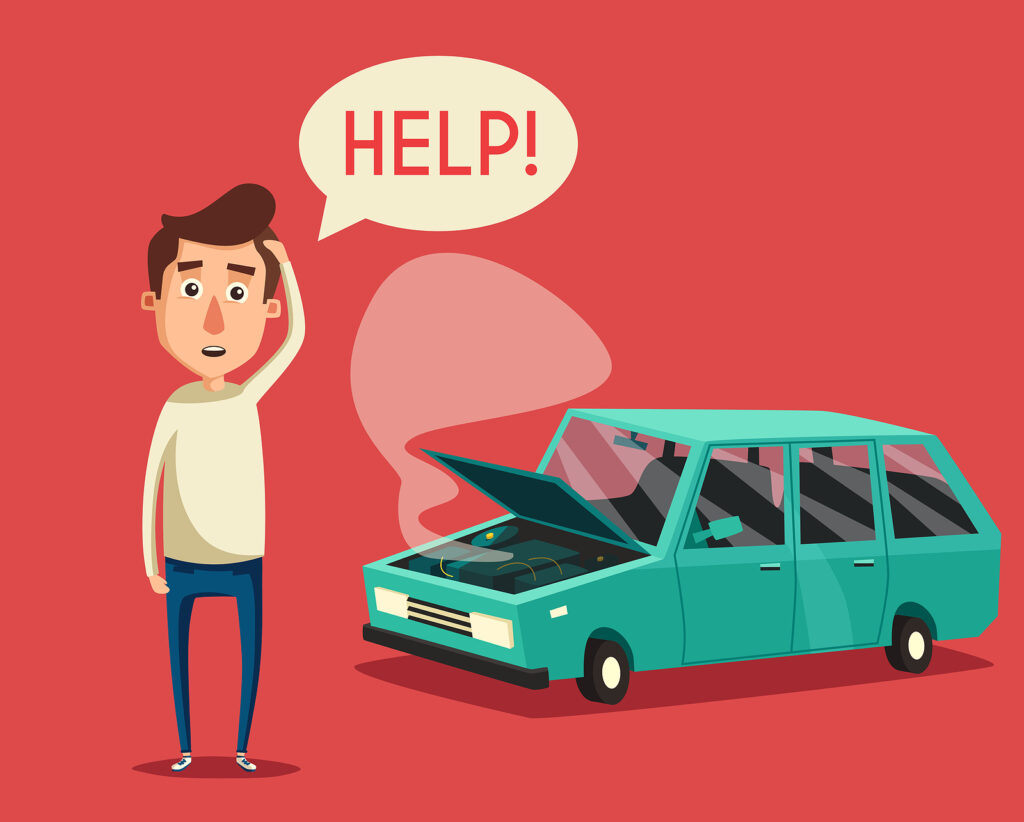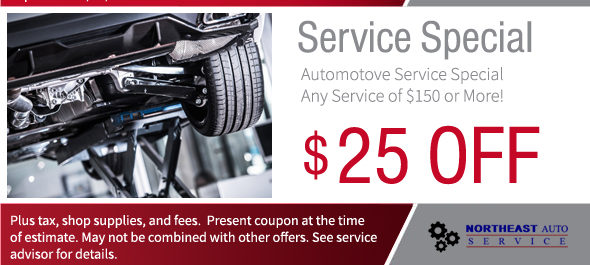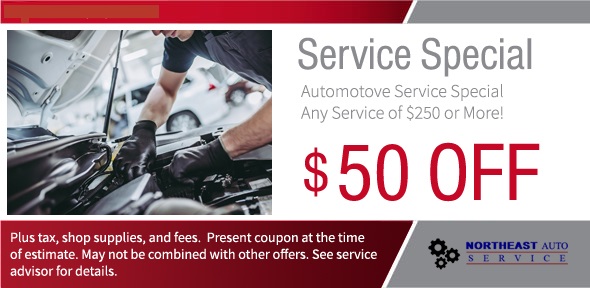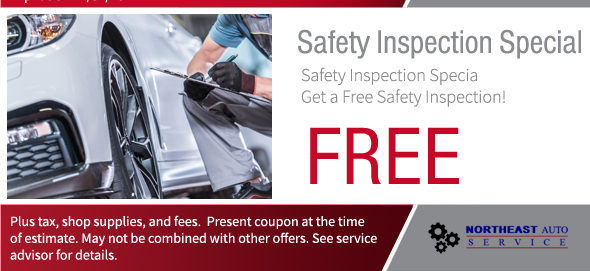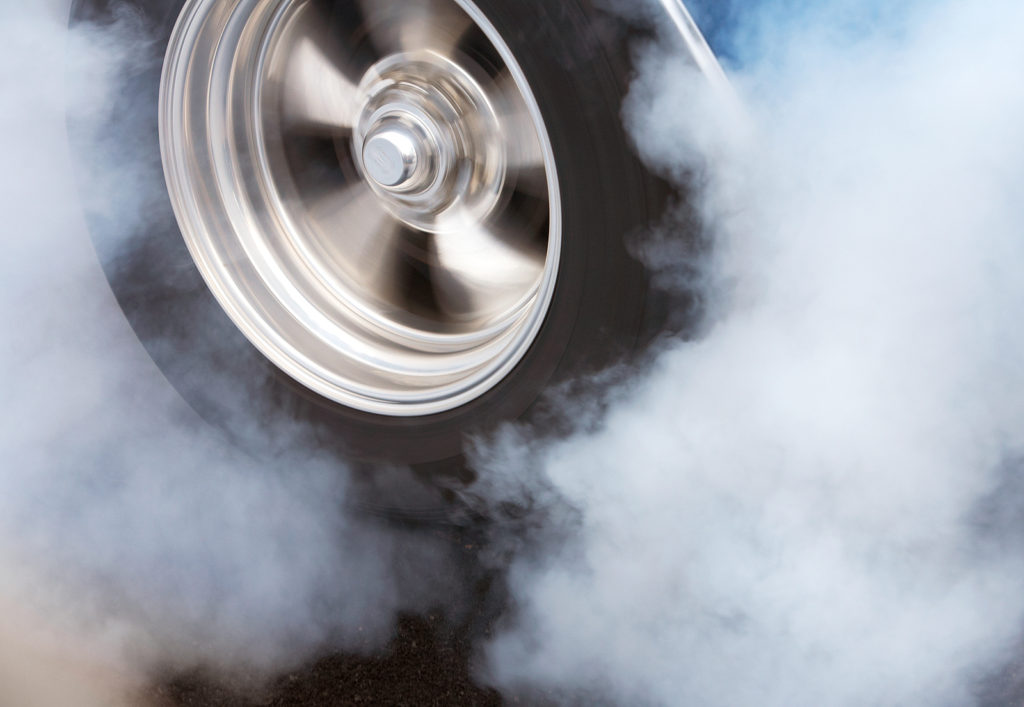Fuel is not cheap, no matter how you use it or what you use it for. Right now, gasoline prices are soaring strong with no indication of coming down any time soon. So, there is no better time than right now to improve your vehicle’s fuel functionality. Not only will improved fuel efficiency and reduced consumption support a smoother, better-performing vehicle, but it will also save you loads on gas costs.
Continue below to learn the top 3 ways you can improve your car’s fuel functionality.
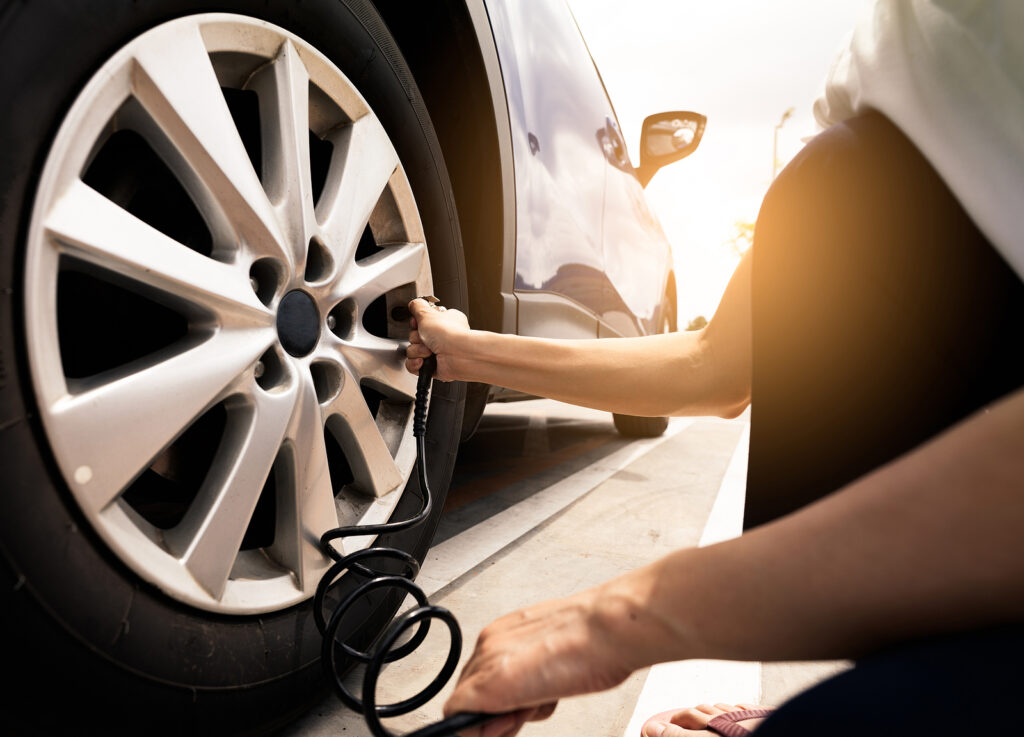
The Importance of Fuel Conservation
Fuel conservation efforts contribute to a lot more than just the weight of your wallet. It is important for our planet to conserve our natural resources as much as possible, because once they are gone, they are gone forever. Conserving your fuel will help support this critical cause, plus it will improve your vehicle’s performance and save you a lot of money.
Tuning your vehicle is the best approach toward achieving optimal fuel functionality. The top three ways to do this are to have your car professionally serviced by an Indianapolis automotive mechanic on a routine basis, take good care of your tires, and reduce the weight of the vehicle.
Routine Car Maintenance
At the auto shop, your trusted mechanic will provide all of the factory scheduled maintenance your vehicle requires as recommended by the automaker. As for fuel functionality, the mechanics will replace the air filters, change the oil, and check the tires for proper inflation and alignment. If necessary, they might install new spark plugs, implement an engine flush, or incorporate fuel additives.
Tire Care
It is important to check your tires regularly for proper inflation. Low tire pressure can cause your vehicle to use more fuel than it needs, thus wasting your gas and your hard earned money. If you notice that you are filling up more often than usual, start with a tire inspection. It is also important to have your tires rotated and balanced on a routine schedule, and to replace them when the tread is running low. Low tire tread can also account for poor fuel efficiency.
Car Clutter Management
Do you have a lot of clutter in your car? The heavier your vehicle weighs, the more gasoline it uses to operate. Try taking as much stuff out of your trunk and interior cabin as possible to reduce the workload of the engine. Things like bike racks, clothing, boxes, packages, golf clubs, hunting gear, fitness gear, and even a spare tire are items to consider removing.
Are you looking for a trusted car mechanic for routine car maintenance in the Indy area? Contact Northeast Auto Service at 317-475-1846 for professional, ASE-licensed car maintenance and repair in Indianapolis, Indiana. Check out our auto shop coupons, too!
Related Posts:
What is a Fuel Conditioner and Should I Use One?
Are Bigger Tires More Fuel Efficient?
Frequently Asked Questions About Gas Caps

